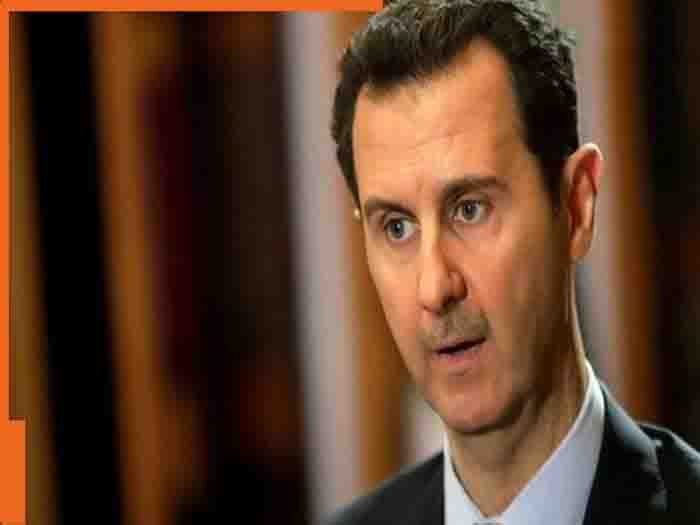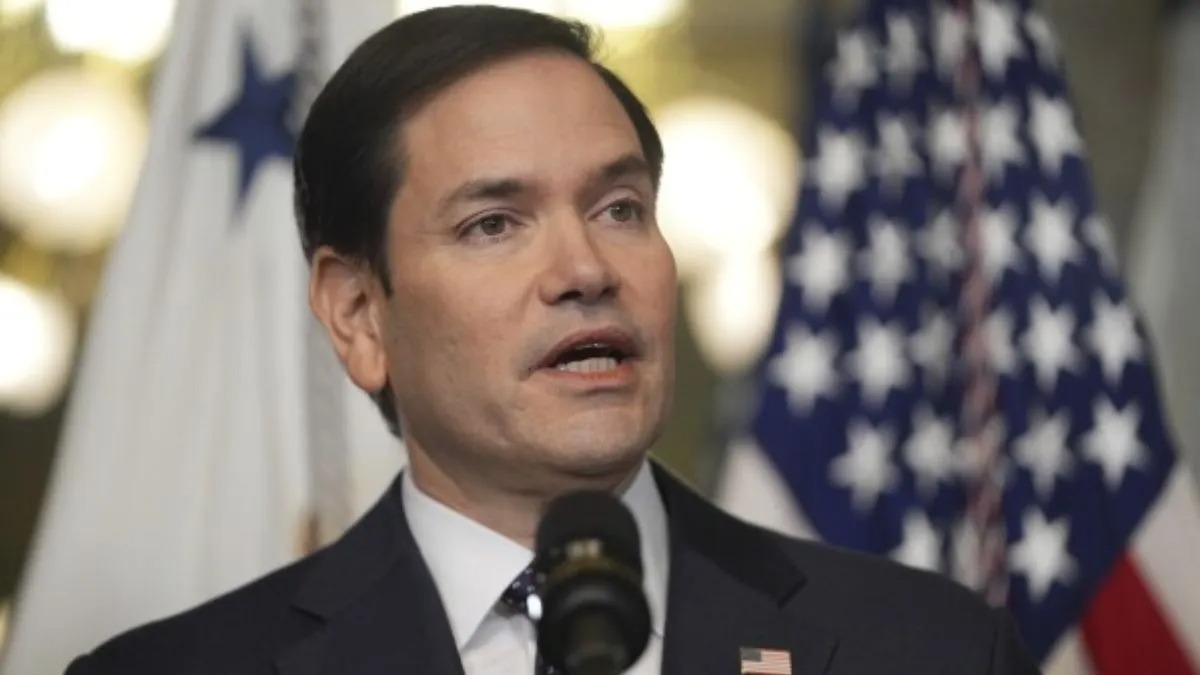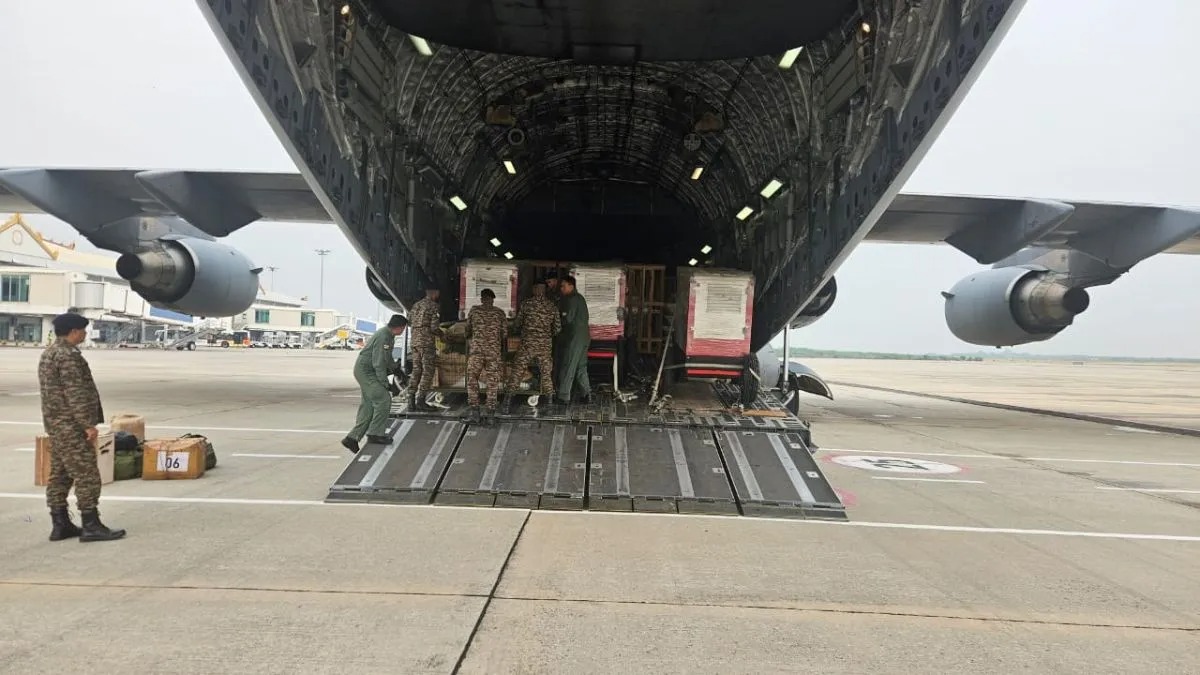
Since the rebel groups took control of Syria, concerns have been raised about the chemical weapons present in the country. It is feared that these may fall into the wrong hands. Syrian rebel leader Abu Mohammad al-Julani says that the group Hayat Tahrir al-Sham (HTS) is working with international organizations to secure potential sites where chemical weapons may be present. HTS had already said that it would not use chemical weapons under any circumstances. On Sunday, the Syrian capital was captured and President Bashar al-Assad had to flee the country, who had ruled the Arab country for about 24 years. Meanwhile, the Pentagon said that the US welcomes his comments about securing potential chemical weapons sites, but at the same time it also warned that 'statements are as important as actions.'
History of Chemical Weapons in Syria
The production of chemical weapons in Syria began in the mid-1980s. There was a period when Syria was believed to have the world's third largest stockpile of chemical weapons after the United States and Russia. Bashar al-Assad has been repeatedly accused of using chemical weapons during Syria's more than 13-year civil war. According to media reports, in 2012, then US President Barack Obama warned that the continued use of these weapons would cross a 'red line' that would justify US military intervention. Syria did not publicly admit to possessing chemical weapons before September 2013.
Following US threats, al-Assad agreed to a Russian-American deal to end his country's chemical weapons program and agreed to join an international treaty banning chemical weapons. The International Organisation for the Prohibition of Chemical Weapons (OPCW) was tasked in 2013 with destroying Syria's chemical weapons stockpile, a task that helped the organization win that year's Nobel Peace Prize. Over the next nine months, the OPCW destroyed nearly 1,100 metric tons of sarin, VX and mustard gas agents and their delivery mechanisms, and certified in June 2014 that all of Syria's declared weapons had been removed.
How dangerous can this prove to be
Regarding the destruction of Syria's chemical weapons, the OPCW said at the time that these were the weapons that Syria had originally 'declared' as part of its arsenal. But it was suspected that Syria's list was not complete. According to media reports, even at that time US and OPCW officials suspected that al-Assad had hidden some of his chemical weapons.
Three years later, in 2017, 80 people were killed in an attack by Syrian forces in Khan Sheikhoun. It is widely believed that government forces used chemical weapons in the attack. On April 7, 2018, about 50 more people were killed in an attack near Damascus. This time too, the attack was believed to be a chemical attack.
There is concern that weapons may be stolen
Until last week, US intelligence agencies were keeping a close watch on suspected chemical weapons storage sites in Syria. They feared that government forces could use the remaining chemical weapons to stop rebels from capturing the capital. Now that the Assad government has fallen, there is concern that the weapons could be stolen or used. Experts say that using chemical weapons is not so easy, unless a group gets complete information about it, it will refrain from using it.

 Share
Share






